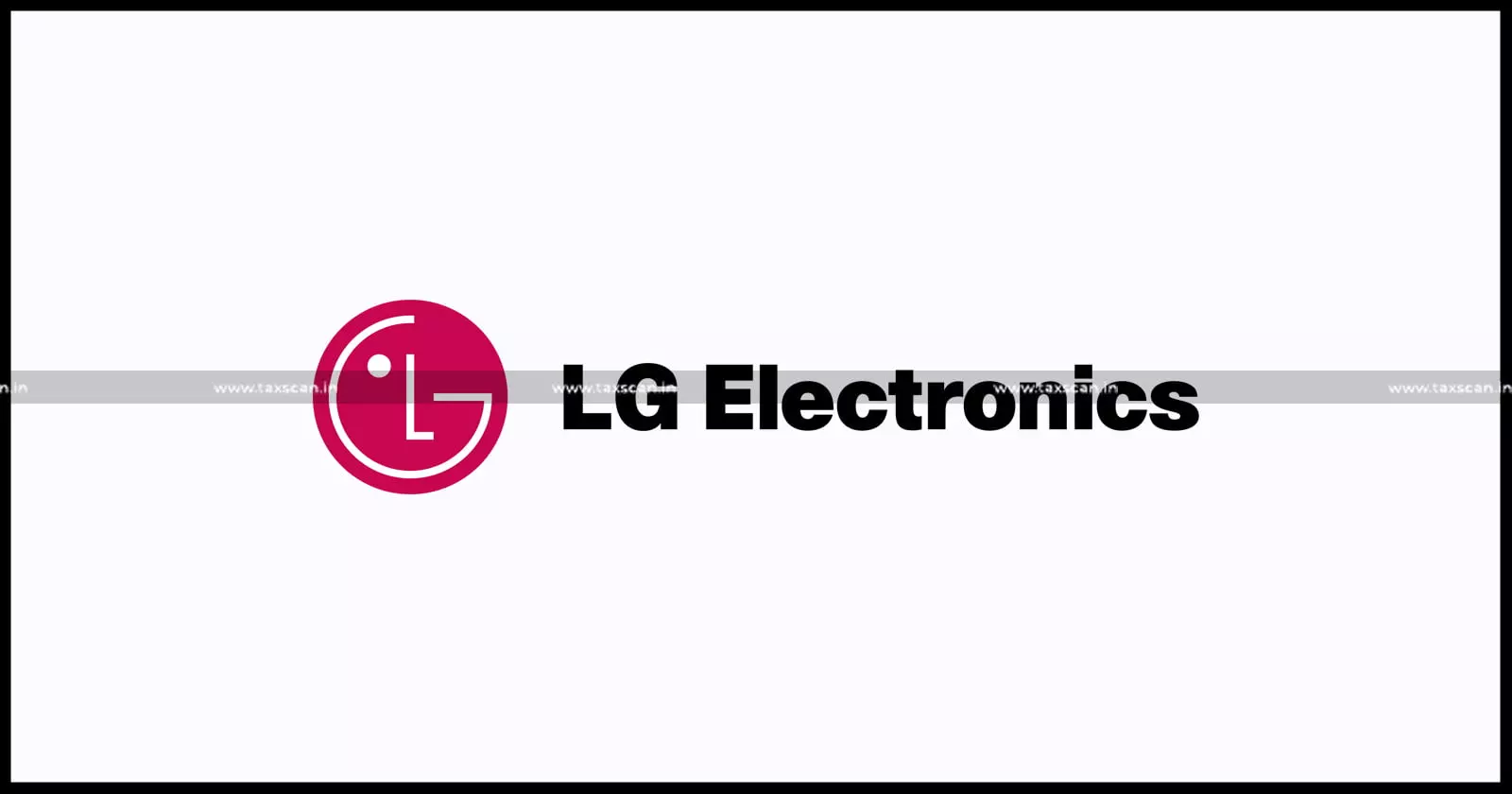Relief to LG Electronics: CESTAT allows CENVAT Credit on Brand Shop Management Services as Advertising Services
The CESTAT held that LG Electronics could claim CENVAT credit on brand shop management services as they qualify as advertising services.

The Allahabad Bench of the Customs, Excise, and Service Tax Appellate Tribunal (CESTAT) ruled that CENVAT credit on services used for brand shop management by LG Electronics India Pvt. Ltd. is admissible as advertising services.
LG Electronics, the appellant, is engaged in the manufacture of home appliances like washing machines, air conditioners, and refrigerators. The company availed CENVAT credit on various services used for setting up brand shops at the premises of dealers and sub-dealers across the country.
These services included installation, commissioning, and furnishing activities. The company argued that such services were part of advertising and sales promotion and therefore qualified as input services.
Read More: Establishment of GSTAT: Finance Ministry reveals Budget allocation, Utilisation of Funds
During an audit, the department found that these services were not related to manufacturing and took place beyond the place of removal. A show cause notice was issued proposing to deny the credit, recover the wrongly availed amount, and impose interest and penalty. The Commissioner confirmed the demand. Aggrieved by the order, the appellant filed an appeal before the CESTAT.
The appellant's counsel argued that brand shops were essential for promoting the company’s products and boosting sales, so the services used should be considered as advertising and eligible for credit.
The revenue counsel argued that the services were actually construction and maintenance activities, not advertising. They observed that the work was carried out at locations beyond the factory gate, such as dealer showrooms, and had no connection with the manufacturing process.
The two-member bench comprising Sanjiv Srivastava (Technical Member) and Angad Prasad (Judicial Member) observed that place of removal as per the above definition can be the depot-brand shop of the appellant in the present case.
It was also noted that “all the expenses incurred at the depot became the part of the assessable value for payment of excise duty. The appellant incurred certain expenses towards the maintenance of brand shop, and these expenses were towards services of erection, commissioning, installation etc., which were subject to service tax. The CENVAT credit in respect of the service tax paid in respect of such services received by the appellant could not have been denied. The decisions relied upon in the impugned order are not on the issue in dispute and hence could not have been relied upon.”
The tribunal held that the CENVAT credit on brand shop management services was admissible and allowed the CENVAT Credit Claim on this ground.
In further relief to the appellant, the tribunal set aside the penalty and disallowed the use of the extended limitation period.


